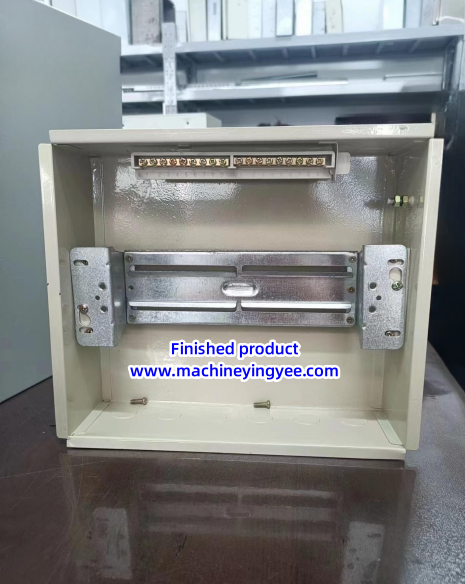
The Advancements of Metal Roof Tile Roll Forming Machines
In recent years, the construction industry has witnessed a significant shift towards the use of metal roofing materials. This is largely due to their durability, energy efficiency, and aesthetic appeal. At the forefront of this technological advancement is the metal roof tile roll forming machine, a sophisticated piece of equipment designed to enhance the production process of metal roofing tiles.
Understanding Roll Forming Technology
Roll forming is a continuous bending operation in which metal sheets or strips are passed through a series of rollers to achieve the desired cross-sectional profile. Metal roof tile roll forming machines take this process to the next level by creating tiles that mimic traditional roofing materials such as clay or shingles, but offer the longevity and strength of metal.
These machines operate by feeding metal coils—often made from galvanized steel or aluminum—through a series of rollers, which shape the raw material into roof tiles of various designs. The precision of the roll forming process allows manufacturers to produce tiles with consistent dimensions and high levels of quality, minimizing waste and improving production efficiency.
Benefits of Using Metal Roof Tile Roll Forming Machines
1. High Efficiency and Productivity One of the primary advantages of using roll forming machines for metal roof tiles is their efficiency. These machines can produce tiles at high speeds while maintaining excellent quality. This capability allows manufacturers to meet increasing market demands without compromising on quality.
2. Customization Another significant benefit is the versatility of the machines. They can be easily adjusted to produce tiles in different styles, colors, and sizes. This customization is particularly valuable in addressing the unique preferences of customers in various regions.

3. Cost-Effectiveness While the initial investment in a roll forming machine might be substantial, the long-term savings are considerable. The efficiency of these machines reduces labor costs, and the durability of metal tiles decreases maintenance and replacement expenses for customers. Over time, this translates into a higher return on investment for manufacturers.
4. Environmental Benefits With increasing awareness of sustainability, metal roof tile roll forming machines contribute positively to the environment. Metal roofing is recyclable and often made from recycled materials. Additionally, metal roofs are energy-efficient, reflecting heat and reducing cooling costs in buildings.
5. Faster Installation The lightweight nature of metal tiles compared to traditional roofing materials such as concrete or clay speeds up the installation process. This not only reduces labor costs but also minimizes disruption during construction or renovation projects.
Exploring the Future of Metal Roofing
As technology continues to evolve, so will the metal roof tile roll forming machines. Innovations such as automated controls and smart technology integration are expected to further enhance production capabilities. Manufacturers will likely embrace these technologies to streamline operations, improve accuracy, and reduce human error.
Moreover, with the growing demand for green building products, metal roofs will remain a popular choice among builders and homeowners alike. The ongoing development of roll forming technology will ensure that manufacturers can keep pace with this demand while continuing to meet high standards of quality and performance.
Conclusion
The metal roof tile roll forming machine represents a crucial innovation in the construction industry, combining efficiency, customization, and sustainability. As the trend towards metal roofing continues to rise, these machines will play an essential role in shaping the future of building materials. Embracing this technology not only benefits manufacturers but also contributes to a more sustainable and resilient built environment.